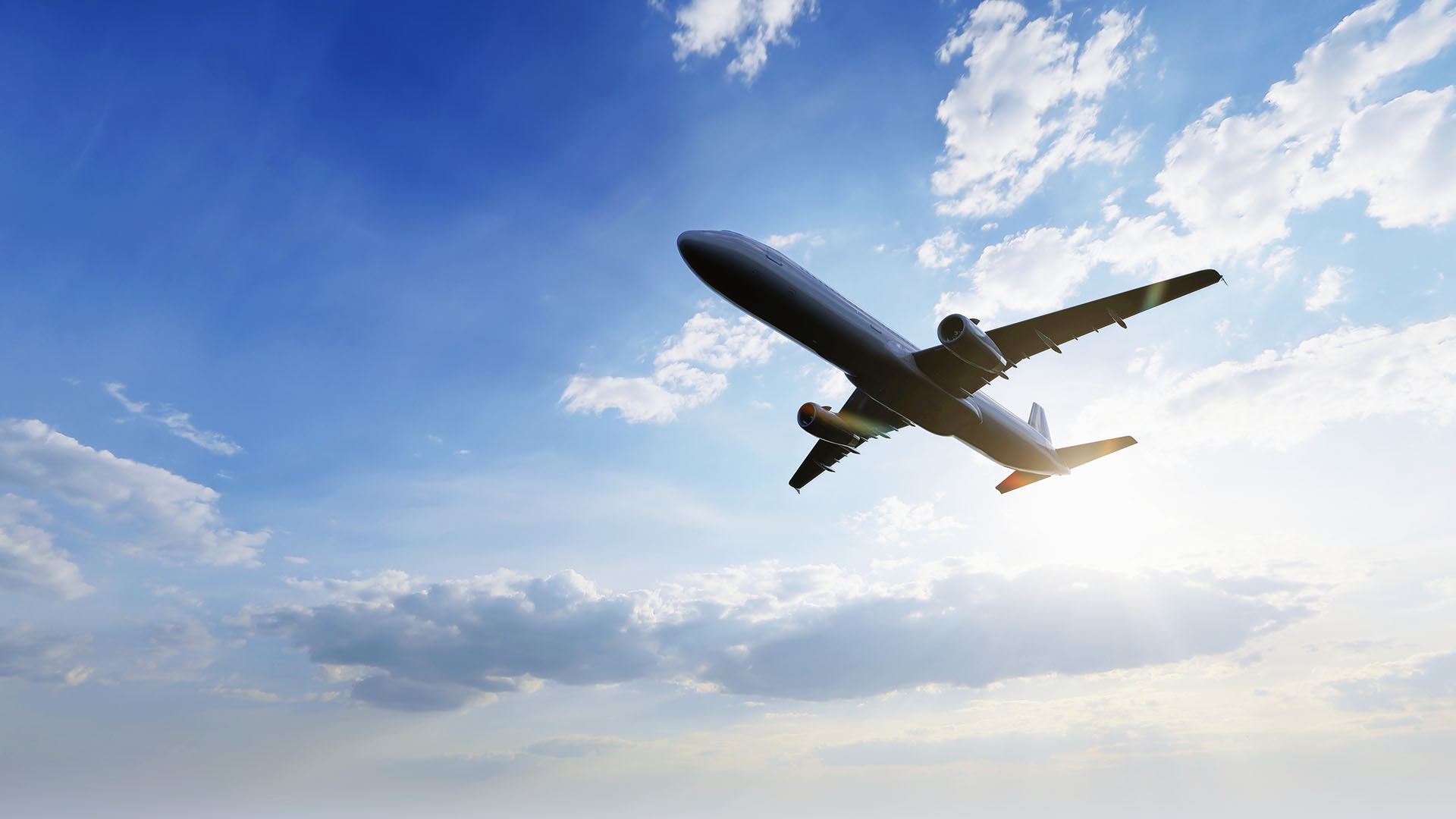Fly Safe and Choose an Airline Smartly – Based on Science

Statistics show that about 75% of airplane accidents are caused by pilot errors and mechanical failures. What was not well known but has now been discovered is that an airline’s financial health and corporate governance are important determinants of its safety performance Researchers from the Université du Québec à Montréal, Concordia University, and Corvinus University of Budapest analysed the impact of the human and financial aspects of corporate governance on airline safety. The conclusions, drawn from data covering 26 years and 372 airlines from 70 countries, were published in the April issue of the Journal of Air Transport Management.
The results show that the quality of corporate governance influences flight safety in two ways. First, better management increases financial stability, which allows airlines to lease newer airplanes and invest more in pilot and ground crew training. In addition, corporate governance directly improves safety by facilitating efficient organizational structures and implementing stricter safety regulations, regardless of the airline’s financial situation.
Experienced, qualified directors needed
The analysis revealed that airlines with more qualified and experienced board members, who have held their positions for a longer time and do not hold parallel positions elsewhere, experience fewer accidents. Additionally, these airlines are less prone to accidents if the board of directors has a more balanced gender ratio, a smaller number of members (not exceeding 11), similar ages, and members from the younger age group.
“The longer a CEO’s tenure at an airline, the fewer accidents occur. The CEO’s knowledge and insights gained from company experience can offset the negative effects of routine and reduced flexibility,” said Thomas Walker, a guest researcher at Corvinus University and a professor at Concordia University, and one of the authors of the study.
The country of the company’s headquarters also matters
The researchers also looked into whether the macroeconomic and institutional environment, as well as infrastructure, of a country influence the safety of airlines headquartered in that country. As expected, they found that airlines in countries with stricter legal regulations, more efficient judicial and law enforcement systems, and better aviation infrastructure tend to perform better in terms of safety. Additionally, they found that airlines in economically stronger countries are also less likely to be involved in airplane disasters. Airlines that are more profitable, liquid, and allocate large budgets for maintenance also experience fewer accidents.
The researchers suggest that authorities should consider allocating additional resources to monitor financially weak airlines and those with lower quality management. Governments might also consider introducing tax incentives for maintenance or pilot training. Airlines should ensure that their board members and directors are qualified and experienced, improve pilot training, enhance working conditions for pilots and engineers, and implement stricter maintenance inspection procedures to reduce accidents.